DOCUMENTARIES
THE MEANING OF SACRIFICE IN GUARDIAN
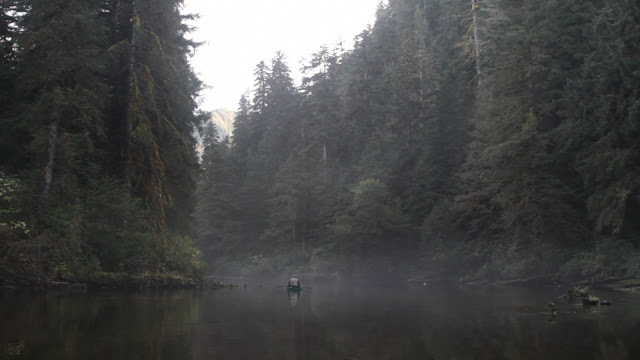

It is one thing to watch a film that shows you part of the world that is unknown to most and it is another thing to bring that to the audience. Director Courtney Quirin‘s film Guardian which made its Canadian premiere at the recent Planet in Focus Film Festival is a poetic portrait of the last two Guardians who monitor salmon in the Great Bear Rainforest. Ever since Stephen Harper’s cutbacks especially in protecting Canada’s waters and oceans, things have been eroding when it comes to environmental science. When high-level bureaucrats recommended the Harper government to increase spending for both environmental and economic reasons, there was no hesitation to do otherwise. Changes in laws under the Fisheries Act would complement the cutbacks and set the stage for natural resource development. This documentary shows the effect that these cutbacks have had on the last two Guardians, Doug Stewart and Stan Hutchings, who are still monitoring salmon to this day and have made it their life. When there was once laws under the Fisheries Act that protected the salmon fisheries, now has become laws that only protect the waters that humans are nearby that overshadows industrial development. Unfortunately, these laws have not protected the amount of Guardians that once monitored salmon in the Great Bear Rainforest and is close to becoming obsolete.
Director Courtney Quirin‘s gets up and close and personal with both Doug Stewart and Stan Hutchings who are hanging on to dear life to their jobs in which have completely dedicated their whole life to. In the film, we go on journeys with Doug Stewart plus his dogs on his canoe into the many stretches of rivers within the Great Bear Rainforest and we see his years of expertise in his job and what he goes through every single day in order to monitor the count of salmon. The way he goes into the depths of the waters to collect data is something that not a lot of people and even some scientists are even accustomed to. We see the sacrifices he has to make in order to make his job work with his wife Carol Stewart who both live on a boat and off the grid. When the film focuses on Stan Hutchings, he explains what his job used to be like and the number of people and how those numbers dwindled and were not needed anymore. Director Courtney Quirin’s film makes the audience to get to know who really the last two Guardians are through a poetic narrative that makes you uncomfortable of what cutbacks like Harper’s do to individuals on a local level.
It’s ironic that this film’s images are beautiful but interweaves with both Doug and Stan’s crumbling world right under their eyes. It is a discomforting feeling when you watch Guardian and the erosion of the practice of science especially in this part of Canada. This is the amazing strategy of Courtney Quirin who makes this film a character-driven documentary and follows the notion of thinking globally and acting locally. So if you can experience what Doug Stewart and Stan Hutchings go through on an everyday basis through this film, then you can understand what happens when the government muscles their top-down approach to the environment. But in order for this understanding to take place, Courtney Quirin did all things that were necessary to film this.
Her sacrifices to film both Doug and Stan in their ventures of salmon monitoring is second to none. It is not an easy task to bring along your camera all by yourself and bring along the necessary equipment to produce this narrative. Let alone the time she sacrificed in order to establish a relationship with both Doug and Stan and to make their stories known. Overall, the manner to which this film is produced sets the standard for us to have that required conversation about what is going on and what needs to happen.
-

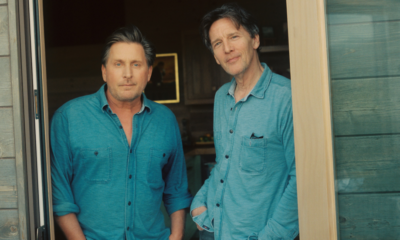

 ACTORS/ACTRESSES12 months ago
ACTORS/ACTRESSES12 months agoBRATS @Tribeca Film Festival 2024
-

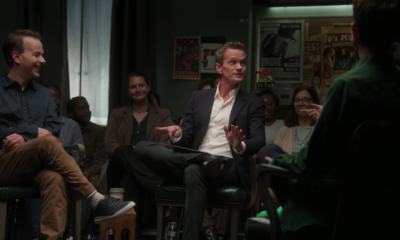

 FEATURES12 months ago
FEATURES12 months agoGroup Therapy @Tribeca Film Festival 2024
-

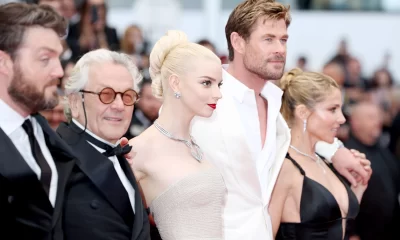

 ACTORS/ACTRESSES11 months ago
ACTORS/ACTRESSES11 months agoFuriosa Gets a Stunning 7-Minute Standing Ovation @Cannes 2024
-



 FEATURES12 months ago
FEATURES12 months agoDavid Cronenberg’s The Shrouds to Premiere @Cannes 2024
-



 FEATURES7 months ago
FEATURES7 months agoThe Gesuidouz Rocks Up @TIFF 2024
-

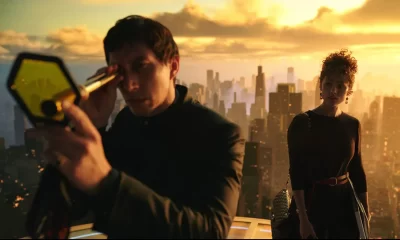

 ACTORS/ACTRESSES11 months ago
ACTORS/ACTRESSES11 months agoMegalopolis Receives Massive 10-minute Standing Ovation @Cannes 2024
-


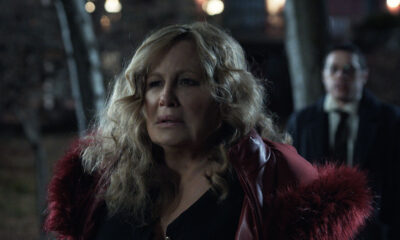


 FEATURES8 months ago
FEATURES8 months agoRiff Raff Set to Ruffle Feathers @TIFF 2024
-

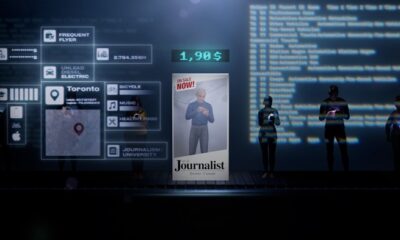

 DOCUMENTARIES11 months ago
DOCUMENTARIES11 months agoClick Trap Reveals Truth @Hot Docs 2024
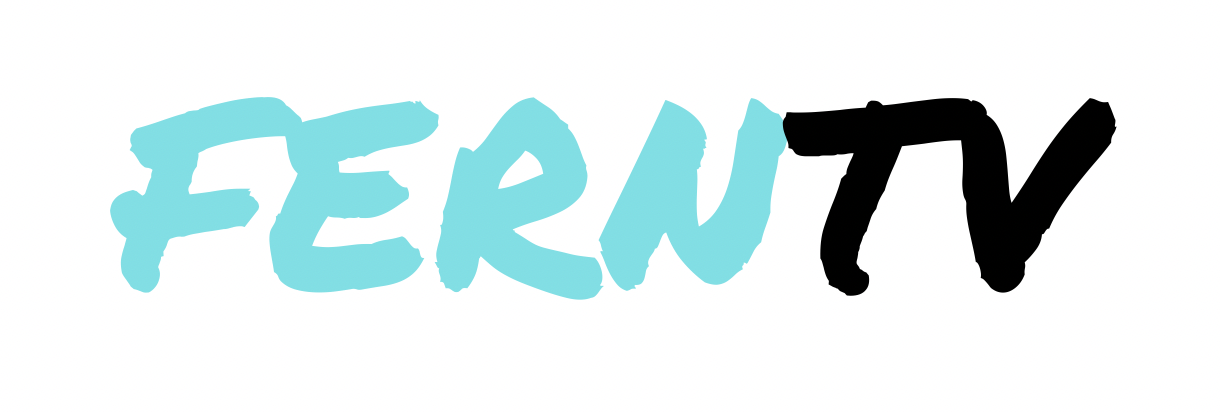
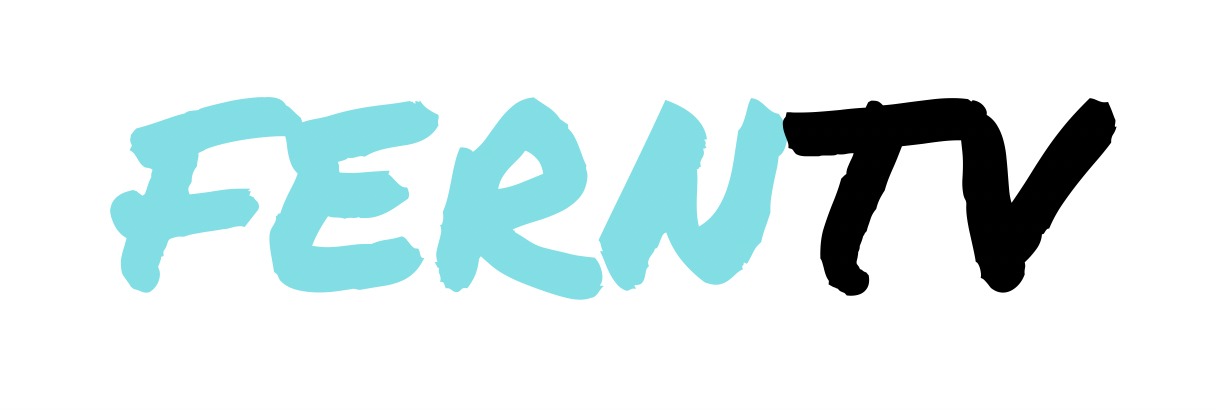


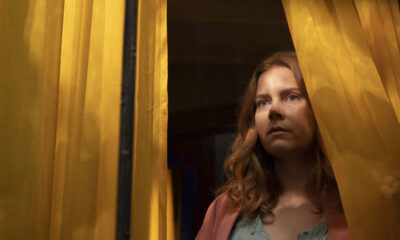

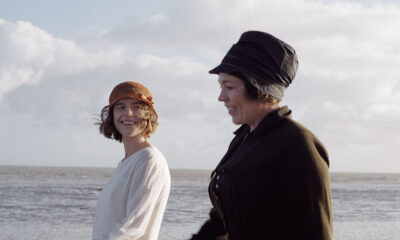

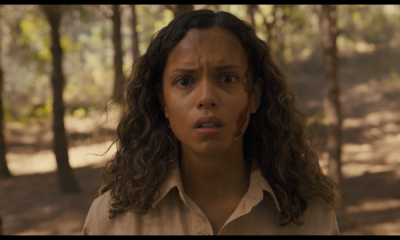






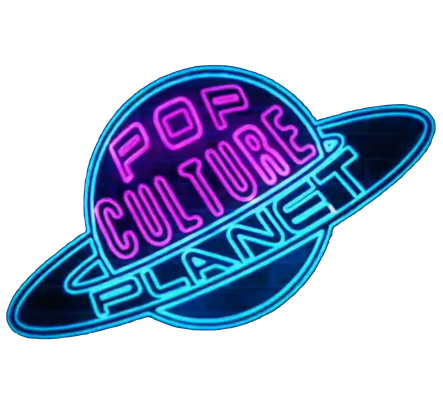
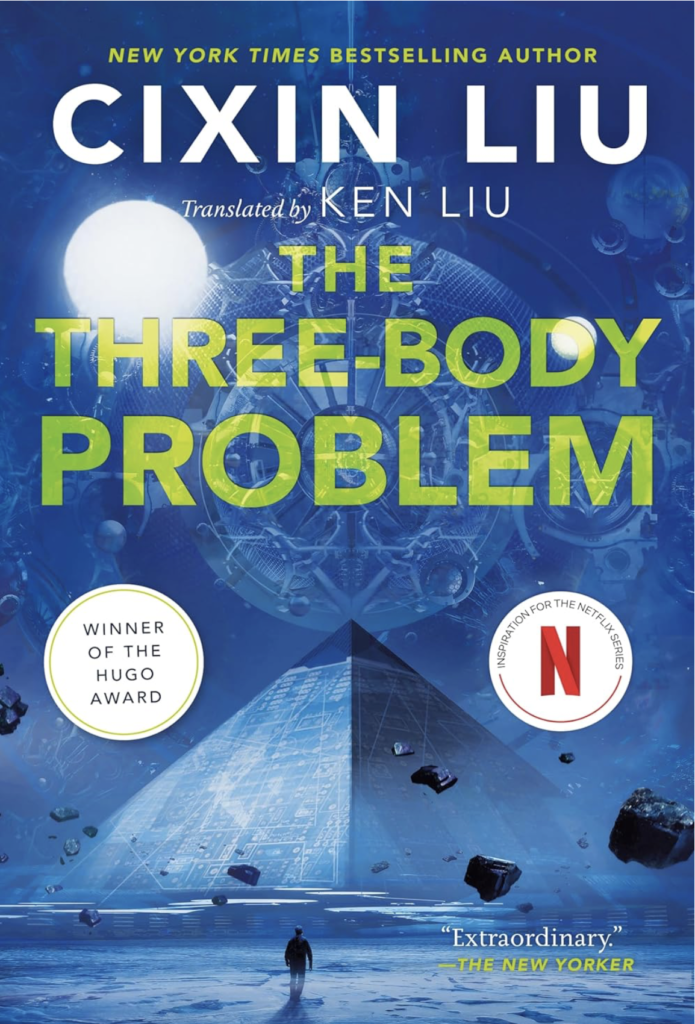
Pingback: Buy MDMA Rock